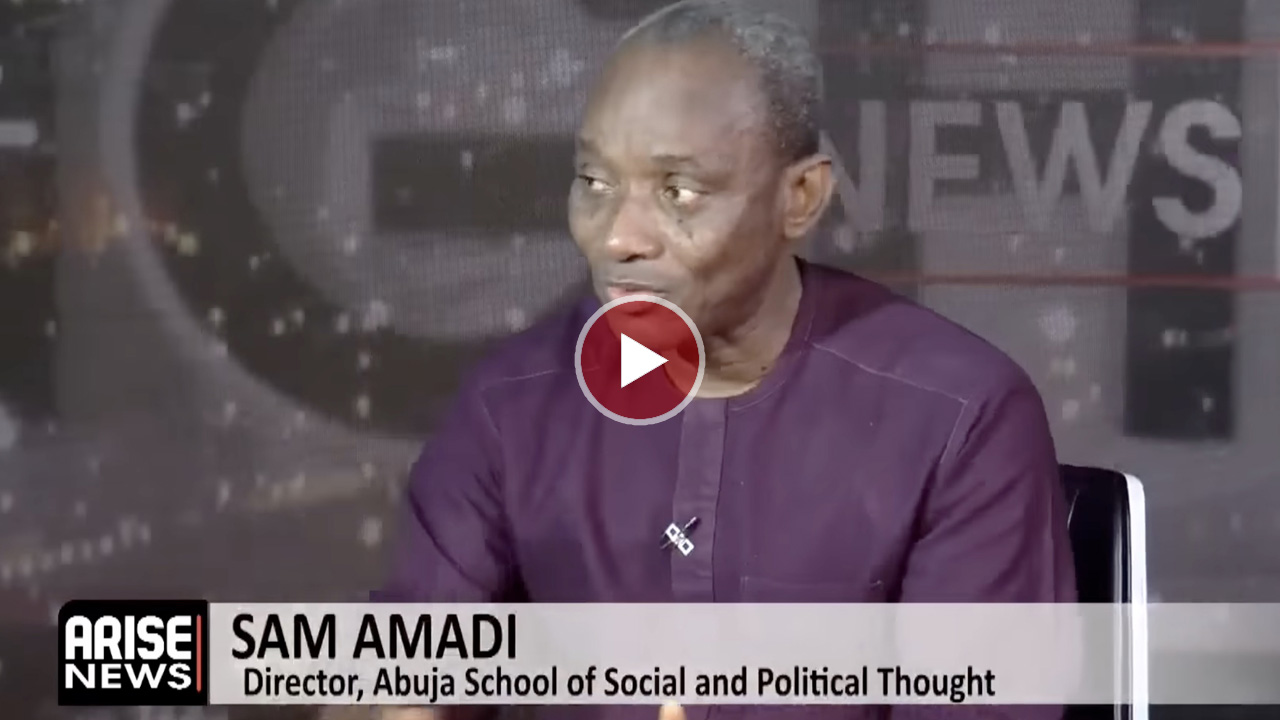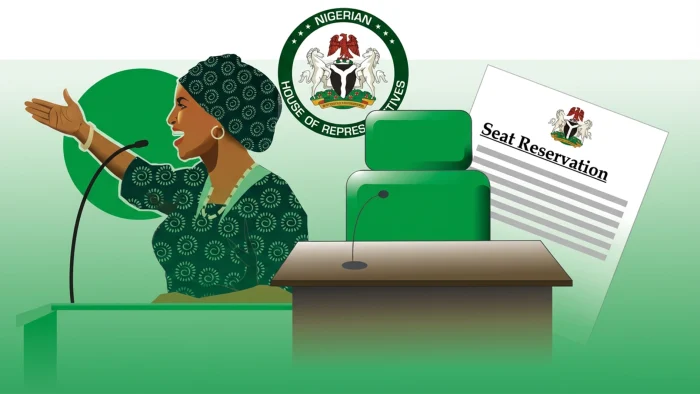

The Director of the Abuja School of Social and Political Thought, Dr Sam Amadi, has said US President Donald Trump’s comments about designating Nigeria as a “country of particular concern” over alleged religious persecution reflect the country’s failure to uphold its own constitutional and moral responsibilities.
Speaking in an interview with ARISE News on Sunday, Amadi said the United States was acting strictly within its domestic policy framework under the International Religious Freedom Act of 1993, which allows it to identify and sanction countries that violate religious freedom.
“Trump is not exercising any United Nations power. He’s acting under American law, which prioritises religious freedom as part of their foreign policy. It’s America’s domestic prerogative—just as Nigeria could decide to withhold aid from any country that violates good governance principles,” he said.
Amadi explained that while the move might appear to be “overreaching,” it was typical of global powers asserting influence.
“America is behaving as any superpower would. If China or Nigeria had America’s power, they would overreach too. It’s human nature and the politics of dominance,” he noted.
He, however, stressed that the real issue was Nigeria’s failure to protect its own citizens and preserve its secular character, particularly since the introduction of Sharia criminal law in some northern states in 2000.
“We don’t need Trump to tell us that Nigeria has violated its constitutional principles. Since 2000, when Zamfara introduced Sharia criminal law, we have effectively created 12 Islamic republics within a secular state. That is unconstitutional and undemocratic,” Amadi said.
Recalling his legal challenge to the adoption of Sharia law while serving as a lawyer, Amadi said the Nigerian state had consistently “fallen victim to religion on both sides” and failed to separate governance from faith.
“When you use state power to make Sharia criminal law or execute someone for blasphemy, you have violated the foundation of religious freedom under Section 10 of the Constitution,” he stated.
“The state must remove itself from religion. Nigeria’s crisis is not about Trump—it’s about leadership failure.”
Amadi warned that Nigeria’s dependence on foreign aid and weak domestic governance structures had eroded its sovereignty, making it vulnerable to external pressure.
“Many African states have become dependent on foreign support and therefore lose their voice. If you can’t protect your citizens, you trigger others’ right to intervene under the principle of the responsibility to protect,” he explained.
The political scholar criticised Nigeria’s elite for politicising religion instead of upholding constitutional democracy.
“Trump is simply exploiting a crisis caused by Nigerian leaders who prefer religion to the rights of citizens. We are now in danger of being hurt by our own foolishness,” he said.
When asked about Trump’s claim that he could intervene militarily to protect persecuted Christians, Amadi dismissed the notion as “madness,” but added that Nigeria must urgently address the root causes of the problem.
“If you can’t save your citizens, you create the conditions for others to claim that right. The solution is simple—protect your people,” he said.
Amadi concluded by calling for urgent reforms to strengthen Nigeria’s constitutional democracy and restore national sovereignty through responsible leadership, justice, and equal protection for all faiths.
Boluwatife Enome



